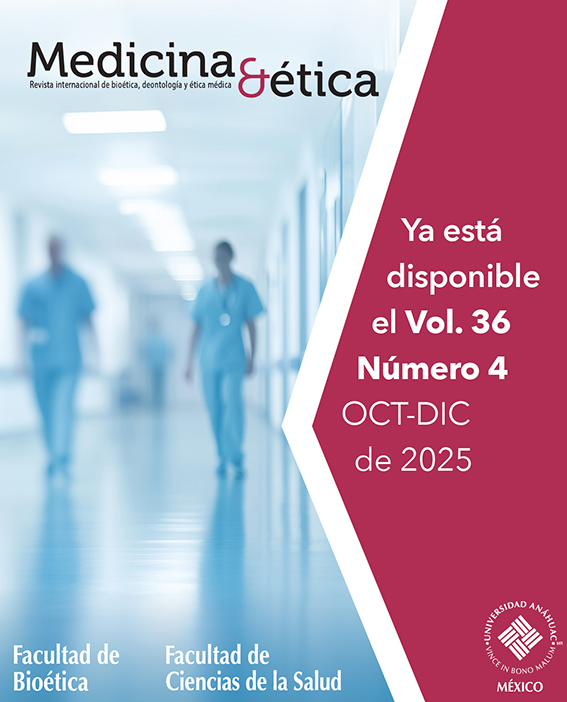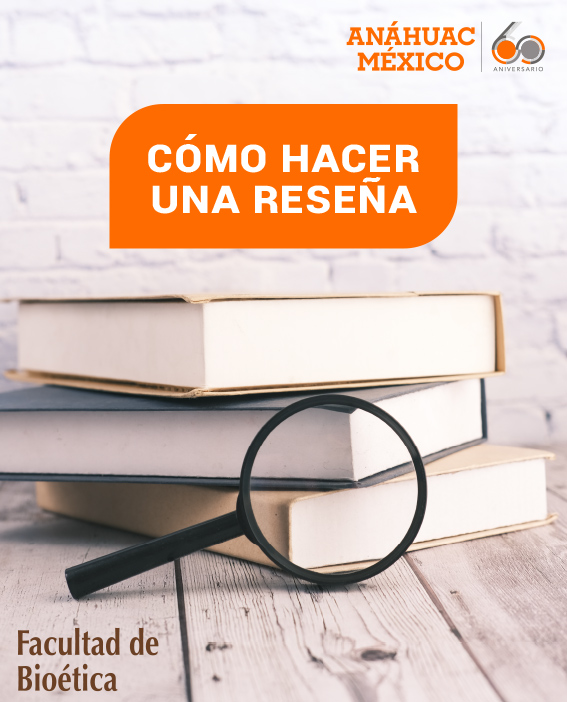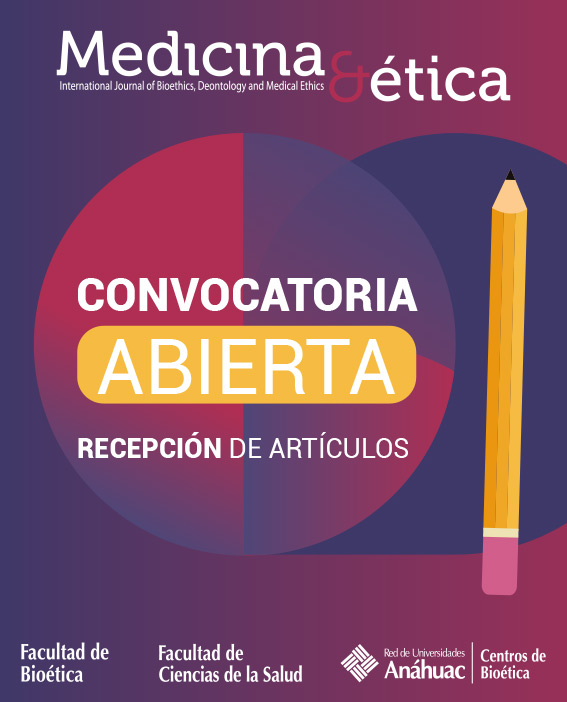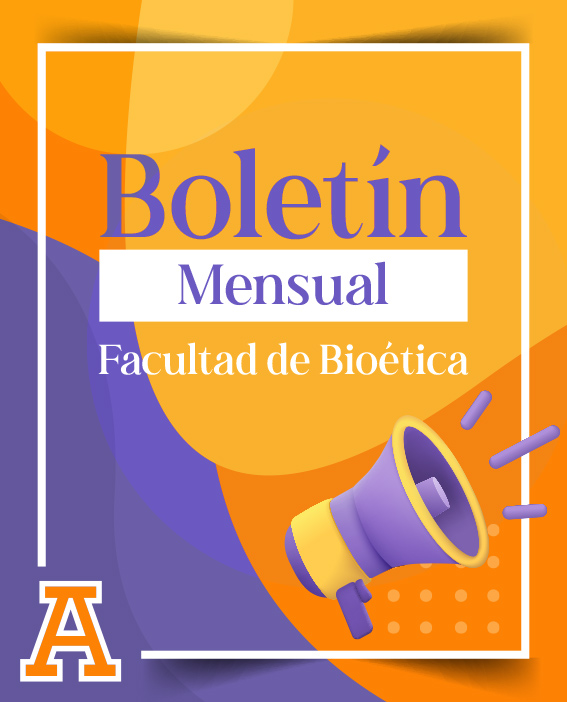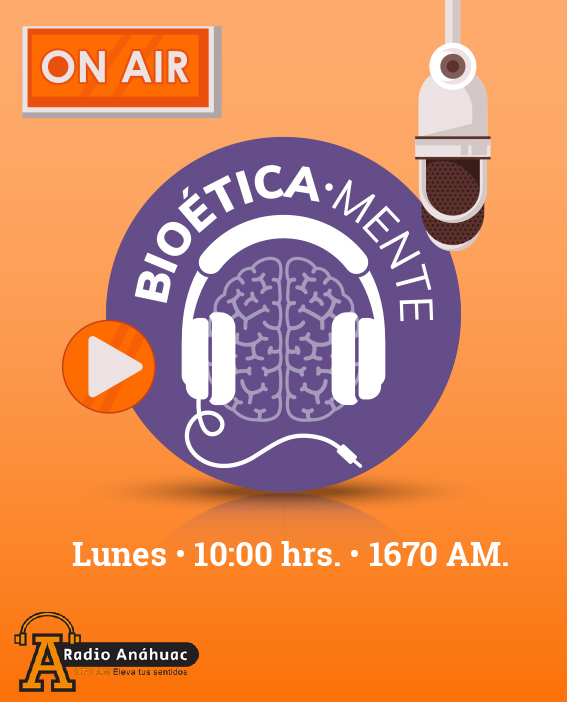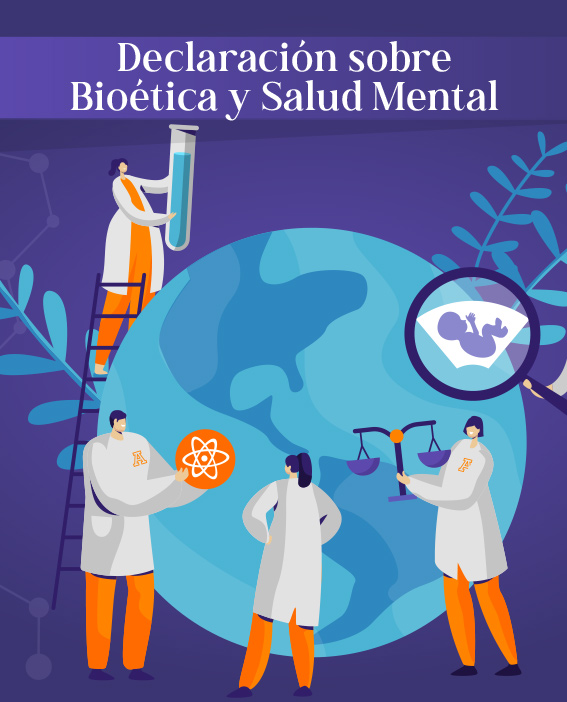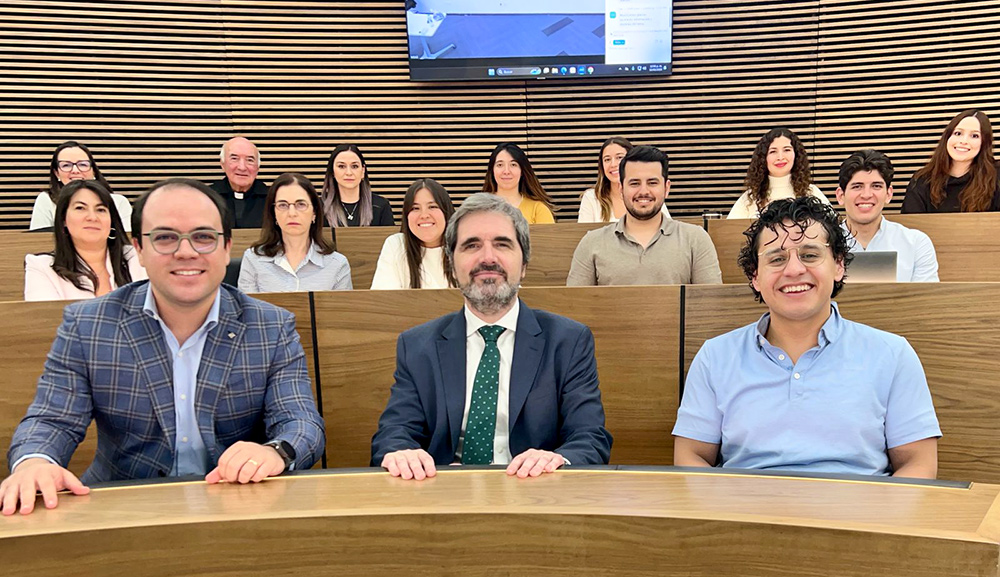
Dr. Francisco Güell, international researcher, participated in the PhD Intensive Week where he analyzed the ethical and biolegal challenges of assisted reproduction and presented the European B2-InF project.
On March 11, at the Graduate Studies Center of Anáhuac University Mexico, and within the framework of the Intensive Week of the Doctorate in Applied Bioethics, Dr. Francisco Güell Pelayo, PhD in Philosophy and Letters from the University of Navarra and renowned international researcher in the field of bioethics, gave the keynote address entitled “Ethical and Biolegal Consequences in the Assisted Human Reproduction and B2-InF Sector: Be Better Informed About Fertility”. In his presentation, he addressed topics of great academic and professional relevance regarding the ethical and legal challenges in the field of reproductive health.
During his presentation, Dr. Güell Pelayo analyzed the main challenges arising from the use of Assisted Reproductive Technologies (ART), highlighting the need for appropriate regulation based on human dignity, justice, and the protection of fundamental rights. He explained that the rapid evolution and growing demand for these techniques require a solid ethical and legal framework that considers not only the interests of those who use them, but also those of unborn children and the medical personnel involved.
In addition, the specialist presented the progress and objectives of the European project B2-InF (Be Better Informed About Fertility), of which he is the main director. This initiative seeks to improve access to and the quality of fertility information among young people, as well as to analyze the gap between medical discourse and social expectations regarding assisted reproduction. Through a multidisciplinary approach, the project promotes more conscious, informed, and ethical decision-making regarding fertility.
Dr. Güell Pelayo's presentation was received with great interest by the doctoral students and faculty, who highlighted the impact of his research on the current bioethical debate. His participation in the Intensive Week reinforces the importance of integrating international perspectives and cutting-edge projects into doctoral training, as well as continuing to promote an interdisciplinary, reflective, and critical approach to biomedical advances that transform human reality.
With these types of activities, Anáhuac University Mexico, through its Doctorate in Applied Bioethics, reaffirms its commitment to academic excellence and the generation of ethical knowledge at the service of society.
More information:
MPSS Estefanía Alvarez
Facultad de Bioética
bioética@anahuac.mx

